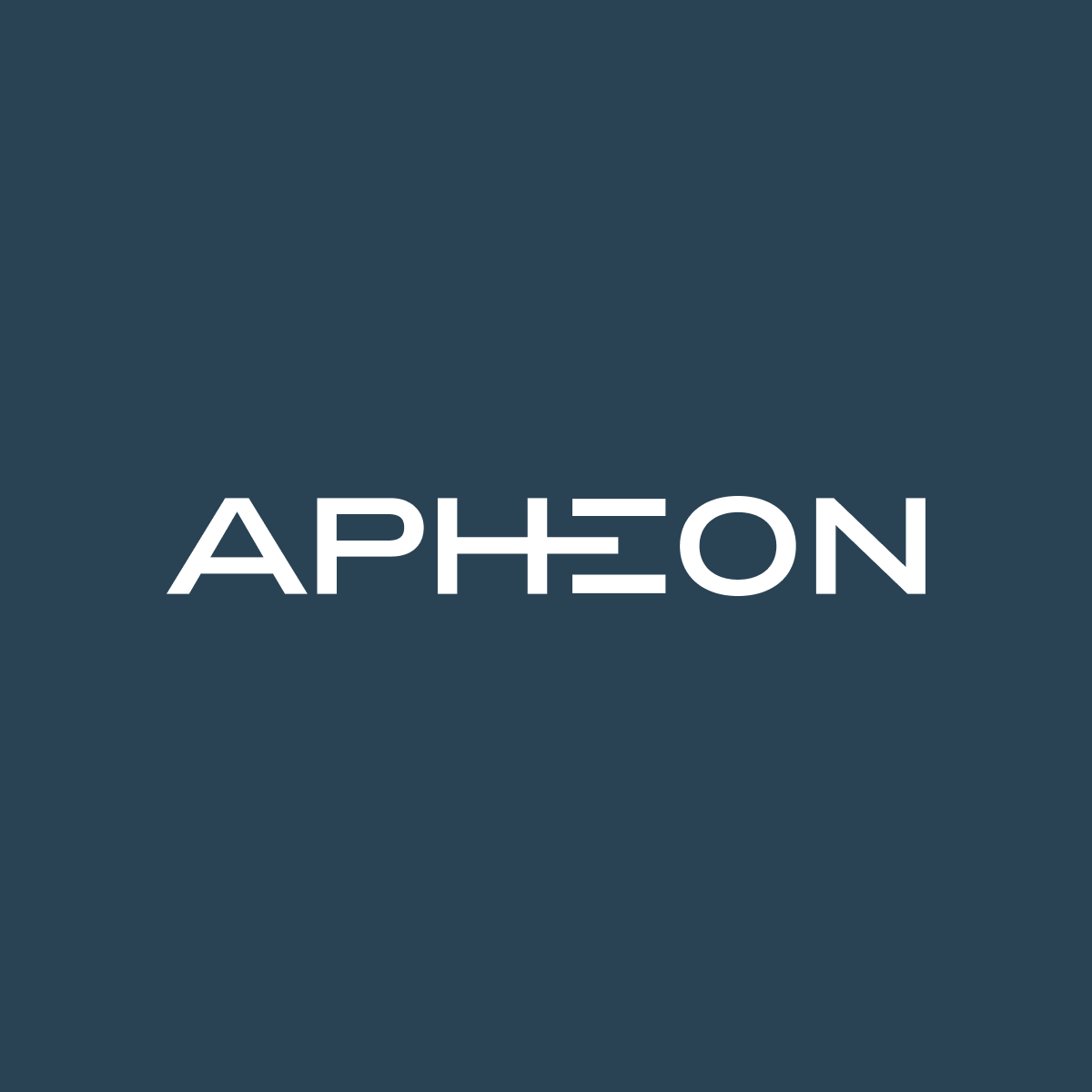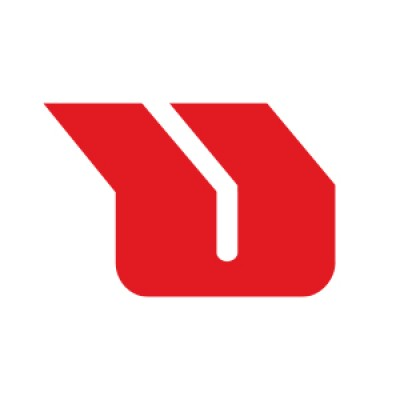European Tech Accelerates: HealthTech Leads, AI Drives Innovation, and Strategic Acquisitions Reshape Markets
August 30, 2025, 3:30 pm
European tech thrives. Ortivity secured €200M for German orthopaedic care expansion, a major HealthTech boost. Significant funding rounds propelled diverse sectors, like Framer's $100M raise. Key acquisitions reshaped the market, including CrowdStrike acquiring Spanish startup Onum for cybersecurity. AI innovation fueled numerous new ventures, from retail automation to environmental cleanups and advanced healthcare systems. Europe's robust tech ecosystem saw substantial capital flow. Strategic partnerships and M&A activities underscored a dynamic, competitive landscape. This ongoing momentum signals strong future potential across the continent, with digital transformation and innovation at its core.
The European tech landscape buzzes with activity. Record investments fuel innovation across the continent. HealthTech, in particular, demonstrates remarkable growth. German startup Ortivity leads this surge. It recently secured a massive €200 million capital injection.
This significant funding targets the expansion of outpatient orthopaedic care. Existing majority investor Apheon spearheaded the strategic transaction. Swiss private equity firm Unigestion also joined, taking a significant minority stake. Ortivity, founded in 2022 by leading doctors and Apheon, has rapidly scaled. It now operates over 100 locations across Germany. These centers offer integrated orthopaedic services. They span diagnostics, anaesthesia, surgery, and vital aftercare. The new capital will accelerate Ortivity’s ambitious network expansion. It will further develop its physician-led care model nationwide. This move solidifies Ortivity's position as a leading provider in Germany's orthopaedic sector. It also allows for a partial exit for some existing shareholders.
Beyond HealthTech, diverse European sectors attract substantial capital. The Netherlands-based design platform Framer secured a $100 million Series D round. This propelled its valuation to $2 billion. Irish startup ProVerum also raised $80 million in Series B funding. These large rounds underscore the robust confidence investors place in European innovation. They highlight the continent’s growing capacity to nurture global-scale tech ventures.
Strategic acquisitions are also reshaping the market. Cybersecurity giant CrowdStrike acquired Spanish telemetry startup Onum. This move aims to detect hacks sooner. It also promises to cut data costs. The acquisition strengthens CrowdStrike's position in advanced threat detection. In another significant deal, Terumo Corporation acquired UK-based OrganOx. This HealthTech merger enhances Terumo’s portfolio. Finland’s MariaDB reacquired SkySQL. This strengthens its cloud, agentic, and AI database offerings. German fintech topi found a new home with PEAC Solutions. This bolsters PEAC's European expansion strategy. These M&A activities reflect a maturing ecosystem. Companies seek to consolidate strengths and expand market reach.
Artificial intelligence serves as a critical driver across all sectors. European startups leverage AI for transformative solutions. Interhuman AI, based in Denmark, raised €2 million. It focuses on building a social intelligence layer for AI. Swiss startup Zenline AI secured $1.6 million pre-seed funding. Its mission involves helping European retailers compete with giants like Amazon and Temu. In the environmental sector, Germany's everwave garnered growth capital. It uses AI-powered technology for river cleanups. These efforts prevent plastic waste from reaching oceans. Retail automation also sees AI integration. Czech startup Buylo secured €640,000 to scale its checkout technology. UK-based Synkka raised pre-seed capital for AI agents. These agents will enable scalable, autonomous parcel delivery. Berlin's aiomics is developing an AI-powered operating system for healthcare. This aims for seamless data integration and improved patient care. Even in hospitality, Leipzig's Onsai raised over €1 million for its AI solution. Europe boasts a "swarm" of global-scale AI firms. This highlights the region's strong AI talent and innovation capacity.
The broader European tech ecosystem continues to evolve. Several key trends emerge. Investment in digital sovereignty gains traction. Reports emphasize the push for open-source solutions. These initiatives enhance Europe’s technological independence. The European Investment Bank (EIB) Group launched its TechEU Platform. This platform boosts financing for Europe’s innovators. This strategic support helps mitigate funding gaps. However, some companies, like Bitpanda, snub London listings. This reflects a shifting landscape for public market access. Despite these dynamics, EMEA’s tech ecosystem thrives. Thoroughbred companies now power 27% of its $5.6 trillion valuation. This demonstrates sustained growth and resilience.
Germany’s startup scene shows particular vitality. Beyond Ortivity, other deals highlight this strength. Food wholesaler Gladrow acquired the insolvent Berlin B2B food startup Querfeld. Querfeld specialized in "ugly" fruit and vegetables. This acquisition ensures continued operations for an innovative concept. In the health and wellness sector, Bio-Saftkuren-Startup Bergblut acquired Pressbar. This merger expands their juice cleanse offerings in the DACH region. These localized M&A activities demonstrate continuous consolidation and growth within specific niches.
The European tech story is one of innovation and strategic expansion. Capital flows steadily into transformative ventures. HealthTech and AI lead the charge. Acquisitions consolidate market positions. The continent builds a robust, digitally sovereign future. This dynamic environment promises sustained growth and global impact. Europe's innovators continue to push boundaries.
The European tech landscape buzzes with activity. Record investments fuel innovation across the continent. HealthTech, in particular, demonstrates remarkable growth. German startup Ortivity leads this surge. It recently secured a massive €200 million capital injection.
This significant funding targets the expansion of outpatient orthopaedic care. Existing majority investor Apheon spearheaded the strategic transaction. Swiss private equity firm Unigestion also joined, taking a significant minority stake. Ortivity, founded in 2022 by leading doctors and Apheon, has rapidly scaled. It now operates over 100 locations across Germany. These centers offer integrated orthopaedic services. They span diagnostics, anaesthesia, surgery, and vital aftercare. The new capital will accelerate Ortivity’s ambitious network expansion. It will further develop its physician-led care model nationwide. This move solidifies Ortivity's position as a leading provider in Germany's orthopaedic sector. It also allows for a partial exit for some existing shareholders.
Beyond HealthTech, diverse European sectors attract substantial capital. The Netherlands-based design platform Framer secured a $100 million Series D round. This propelled its valuation to $2 billion. Irish startup ProVerum also raised $80 million in Series B funding. These large rounds underscore the robust confidence investors place in European innovation. They highlight the continent’s growing capacity to nurture global-scale tech ventures.
Strategic acquisitions are also reshaping the market. Cybersecurity giant CrowdStrike acquired Spanish telemetry startup Onum. This move aims to detect hacks sooner. It also promises to cut data costs. The acquisition strengthens CrowdStrike's position in advanced threat detection. In another significant deal, Terumo Corporation acquired UK-based OrganOx. This HealthTech merger enhances Terumo’s portfolio. Finland’s MariaDB reacquired SkySQL. This strengthens its cloud, agentic, and AI database offerings. German fintech topi found a new home with PEAC Solutions. This bolsters PEAC's European expansion strategy. These M&A activities reflect a maturing ecosystem. Companies seek to consolidate strengths and expand market reach.
Artificial intelligence serves as a critical driver across all sectors. European startups leverage AI for transformative solutions. Interhuman AI, based in Denmark, raised €2 million. It focuses on building a social intelligence layer for AI. Swiss startup Zenline AI secured $1.6 million pre-seed funding. Its mission involves helping European retailers compete with giants like Amazon and Temu. In the environmental sector, Germany's everwave garnered growth capital. It uses AI-powered technology for river cleanups. These efforts prevent plastic waste from reaching oceans. Retail automation also sees AI integration. Czech startup Buylo secured €640,000 to scale its checkout technology. UK-based Synkka raised pre-seed capital for AI agents. These agents will enable scalable, autonomous parcel delivery. Berlin's aiomics is developing an AI-powered operating system for healthcare. This aims for seamless data integration and improved patient care. Even in hospitality, Leipzig's Onsai raised over €1 million for its AI solution. Europe boasts a "swarm" of global-scale AI firms. This highlights the region's strong AI talent and innovation capacity.
The broader European tech ecosystem continues to evolve. Several key trends emerge. Investment in digital sovereignty gains traction. Reports emphasize the push for open-source solutions. These initiatives enhance Europe’s technological independence. The European Investment Bank (EIB) Group launched its TechEU Platform. This platform boosts financing for Europe’s innovators. This strategic support helps mitigate funding gaps. However, some companies, like Bitpanda, snub London listings. This reflects a shifting landscape for public market access. Despite these dynamics, EMEA’s tech ecosystem thrives. Thoroughbred companies now power 27% of its $5.6 trillion valuation. This demonstrates sustained growth and resilience.
Germany’s startup scene shows particular vitality. Beyond Ortivity, other deals highlight this strength. Food wholesaler Gladrow acquired the insolvent Berlin B2B food startup Querfeld. Querfeld specialized in "ugly" fruit and vegetables. This acquisition ensures continued operations for an innovative concept. In the health and wellness sector, Bio-Saftkuren-Startup Bergblut acquired Pressbar. This merger expands their juice cleanse offerings in the DACH region. These localized M&A activities demonstrate continuous consolidation and growth within specific niches.
The European tech story is one of innovation and strategic expansion. Capital flows steadily into transformative ventures. HealthTech and AI lead the charge. Acquisitions consolidate market positions. The continent builds a robust, digitally sovereign future. This dynamic environment promises sustained growth and global impact. Europe's innovators continue to push boundaries.


